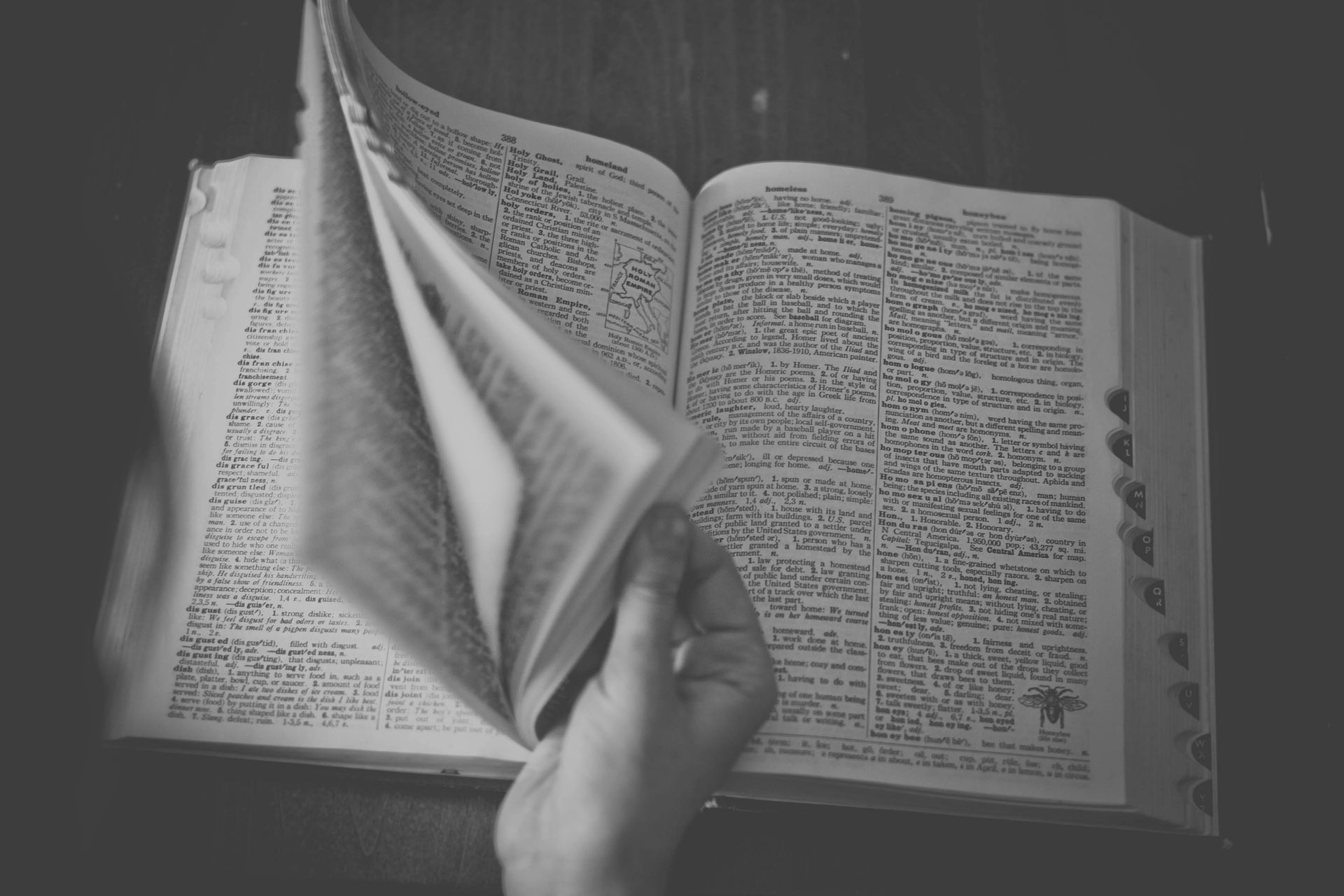History and Philosophy of Osteopathy
Osteopathy: A medical therapy that emphasizes manipulative techniques for correcting somatic abnormalities thought to cause disease and inhibit recovery. * American Heritage Dictionary

1. any disease of a bone. 2. a system of therapy founded by Andrew Taylor Still (207) 782-2223 and based on the theory that the body is capable of making its own remedies against disease and other toxic conditions when it is in normal structural relationship and has favorable environmental conditions and adequate nutrition. It utilizes generally accepted physical, medicinal, and surgical methods of diagnosis and therapy, while placing chief emphasis on the importance of normal body mechanics and manipulative methods of detecting and correcting faulty structure. *
* Dorland's Medical Dictionary
History of Osteopathy
FOUNDER OF OSTEOPATHY
A.T. Still MD, DO
August 1828
A.T. Still born in Jonesville, Virginia, son of a Methodist missionary physician.
1838
Still's first lesson in osteopathy. "Thus I lay stretched on my back, with my neck across the rope. Soon I became easy and went to sleep, got up in a little while with the headache gone." "I followed that treatment for twenty years before the wedge of reason reached my brain, and I could see that I had suspended the action of the great occipital nerves, and given harmony to the flow of the arterial blood to and through the veins, and ease was the effect."
October 1864
Osteopathy In Danger; "During the hottest period of the fight a musket-ball passed through the lapels of my vest, carrying away a pair of gloves I had stuck in the bosom of it. Another mini-ball passed through the back of my coat just above the button, making an entry and exit about six inches apart. Had the rebels known how close they were to shooting Osteopathy, perhaps they would not have been quite so careless."
Spring 1864
"It was when I stood gazing upon three member of my family, two of my own children and one an adopted child,-all dead from the disease, spinal meningitis, that I propounded to myself the serious questions "In sickness has God left man in a world of guessing? Guess what is the matter? What to give and guess the result? and when dead, guess where he goes?" I decided that God was not a guessing God, but a God of truth. And all his works, spiritual and material, are harmonious. His law of animal life is absolute. So wise a God had certainly placed the remedy within the material house in which the spirit of life dwells."
June 22, 1874
June 22nd, 1874 "Like a burst of sunshine the whole truth dawned on my mind, that I was gradually approaching a science by study, research, and observation that would be a great benefit to the world."
"This year I began an extended study of the drive-wheels, pinions, cups, arms, and shafts of human life, with their forces, muscles, their origin, and insertion; nerves, their origin and supply; blood supply from and to the heart; how and where the motor-nerves received their power and motion; how the sensory nerves acted in their functions, voluntary and involuntary nerves in performing their duties, the source of their supply, and the work done in health, in the obstructing parts in the economy of life; all this study awake a new interest in me. I believed that something abnormal could be found in some of the nerve divisions which would tolerate a temporary or permanent suspension of the blood either in arteries or veins, and cause disease.
"With this thought in view I began to ask myself, What is fever? Is it an effect, or is it a being, as commonly described by medical authors? I concluded it was only an effect, and on that line I have experimented and proven the position I then took to be a truth, wonderfully sustained by nature responding every time in the affirmative. I have concluded after twenty-five years of close observation and experimenting that there is no such disease as fever or rheumatism, sciatica, gout, colic, liver disease, nettle-rash, or croup, on to the end of the list, they do not exist as diseases. All these separate or combined are only effects. The cause can be found and does exist in the limited or excited action of the nerves which control the fluids of part or the whole of the body. It appears perfectly reasonable to any person born above the condition of an idiot, who has familiarized himself with anatomy and its working with the machinery of life, that all diseases are mere effects, the cause being partial or complete failure of the nerves to properly conduct the fluids of life."
"On this stone I have built and sustained Osteopathy for twenty-five years. Day by day the evidences grow stronger and stronger that this philosophy is correct."
September 1892
American School of Osteopathy enters its first class of 17 students.
Philosophy of Osteopathy
"To find health should be the object of the doctor. Anyone can find disease."
Philosophy of Osteopathy
